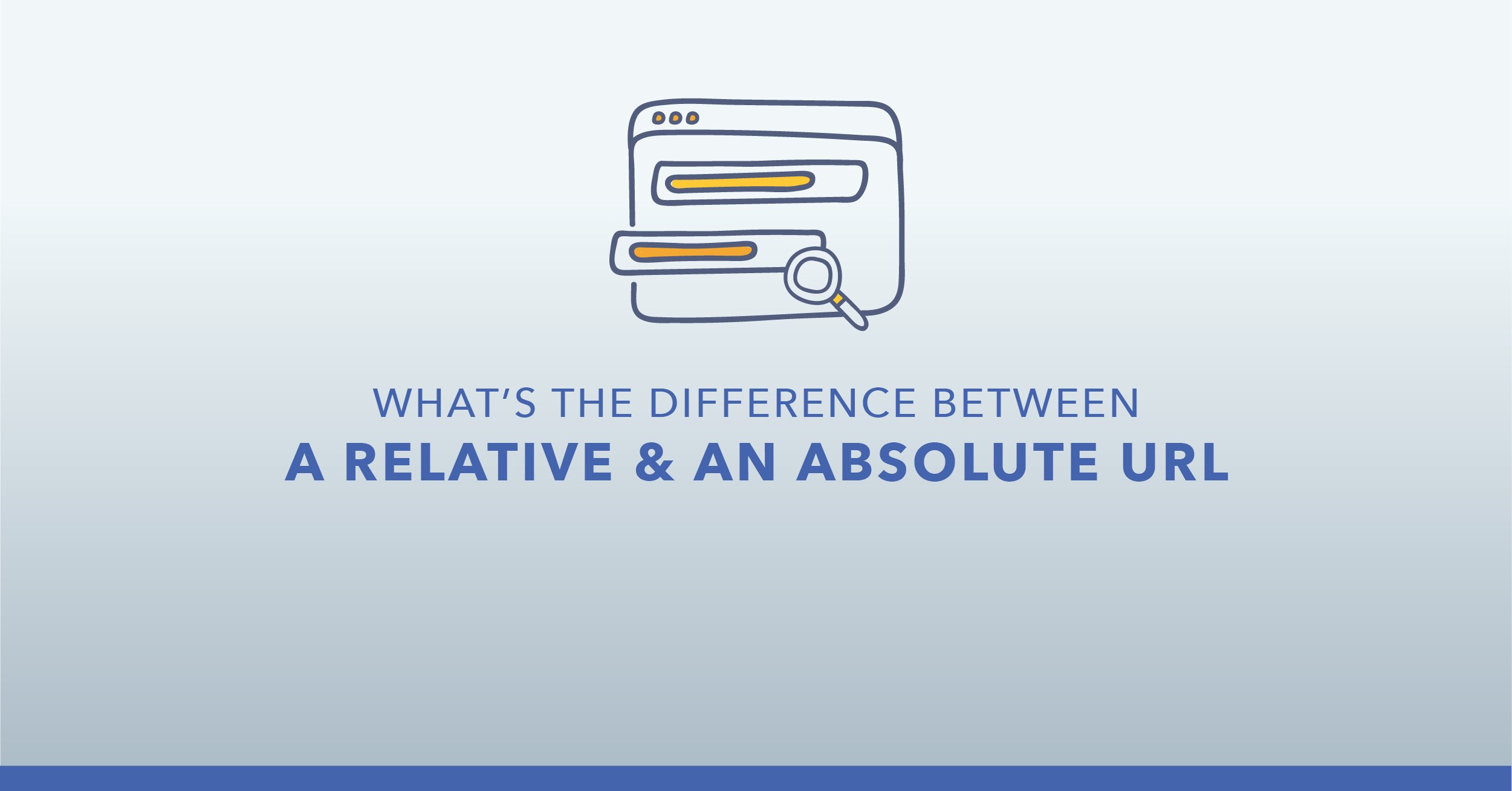SEO has evolved considerably over the years, and as such, SEO metrics have evolved as well. Measuring your results is a critical component of any SEO campaign, which is why there are 5 key SEO KPIs you should constantly monitor.
What are KPIs?
KPIs are Key Performance Indicators. These are measurable values assigned to a campaign or marketing channel which are then used to evaluate whether your campaign achieved its key objectives.
Here are the 5 most important SEO KPIs:
1) Page Speed
Page speed has become a critical SEO factor and will become even more crucial to your SEO efforts as we move into the future.
This is because Google wants to provide immediate access to websites that are efficient and provide a first-rate user experience. Remember, your site visitors are simply referrals from Google. Your visitors are their customers first and foremost.
Besides, a fast loading website means a better user experience for your site visitors, more efficiency when it comes to navigation, and these result in a higher conversion rate.
After all, if a page loads slowly, users will return to the SERP to select another listing. Essentially, page speed is one of the most critical factors affecting SEO success.
This is why page speed matters and why it is a critical SEO KPI to track and monitor.
2) Indexed Pages
When it comes to indexed pages, many are under the belief that submitting a page to be indexed by Google means it is automatically indexed.
This is simply not true.
When you submit a page for indexing, Google takes this as a suggestion. It does not mean that Google has to index the page, or that it ever will.
Tracking your indexed pages is another critical SEO KPI because unindexed pages mean you could be missing out on very big opportunities. Especially if the unindexed pages are of great importance to the success of your overall website.
In order to make sure that your pages are indexing correctly, submit the sitemap via Google Analytics Search Console and make sure that your most important pages are not blocked by Robots.txt files.
Note: having proper technical optimization on your site sets the stage for the rest of your SEO performance and success. Verify that your site is optimized to drive organic traffic with our SEO audit checklist.
3) Bounce rate
A website bounce rate is one of the most undervalued metrics of any successful SEO campaign. Bounce rate is the number of visitors that navigate away from the site after viewing only one page.
You want to track this SEO KPI because it illustrates your site visitor’s journey from clicking on your link, to which paths they take once they land on a page. If visitors keep leaving after only a few seconds from the initial landing page, it demonstrates that something is not resonating.
However, one of the most common errors is simply unclarified information in your ad or meta description. If a visitor believes he or she is going to a website offering something that, once they arrive, they realize is not offered, they will leave right away. So be sure to provide information about your service that is accurate and easy to understand. Then evaluate your content and/or web design and layout.
4) Conversion rate
To clarify the point of organic traffic, even if you have 40,000 visitors per day and the traffic doesn't convert, it is not productive to your end goal. This is why tracking your conversion rate is a very important SEO KPI.
First, identify the pages with low conversion rates, and then answer the following questions from an end-user perspective.
- Is your site easy to navigate?
- Do you use simple call-to-action statements?
- Does your site have a one-step conversion process that makes it easy for end users to reach the ultimate end goal (e.g., a brochure download, purchase, sign-up, etc)?
- Does your page load fast enough?
- Is your site mobile-friendly?
- Does your site have content that meets the needs of end users, and is your content valuable?
If the answer to any of those questions is “no,” you need to take a closer look at your website content and SEO strategy and make some changes.
5) Web ranking
The search engine rank position of your site is an important component of your SEO strategy. With the changes made within Google SERPs (from answer box, PPC ads, local listings, Images, news and many more), an organic ranking is possibly one of the most important SEO KPIs to track.
With the help of seoClarity Rank Intelligence, you can explore your site's keyword rankings, and manage keywords in real-time.
With all of Google's updates, from Hummingbird to RankBrain, how your content is written is more important than ever. Content built to answer your users' queries will likely have a better chance of ranking than content built to rank for keywords. After all, we've seen a huge shift toward user intent and intent marketing.
Final Thoughts
As you monitor and track these crucial SEO KPIs and address any issues that arise, you will find your stats improving drastically. Your organic search ranking, as well as your conversion rate, will define the SEO success of this system well into the future.
Editor's Note: This post was originally published in November 2017 and has been updated for accuracy and comprehensiveness.




